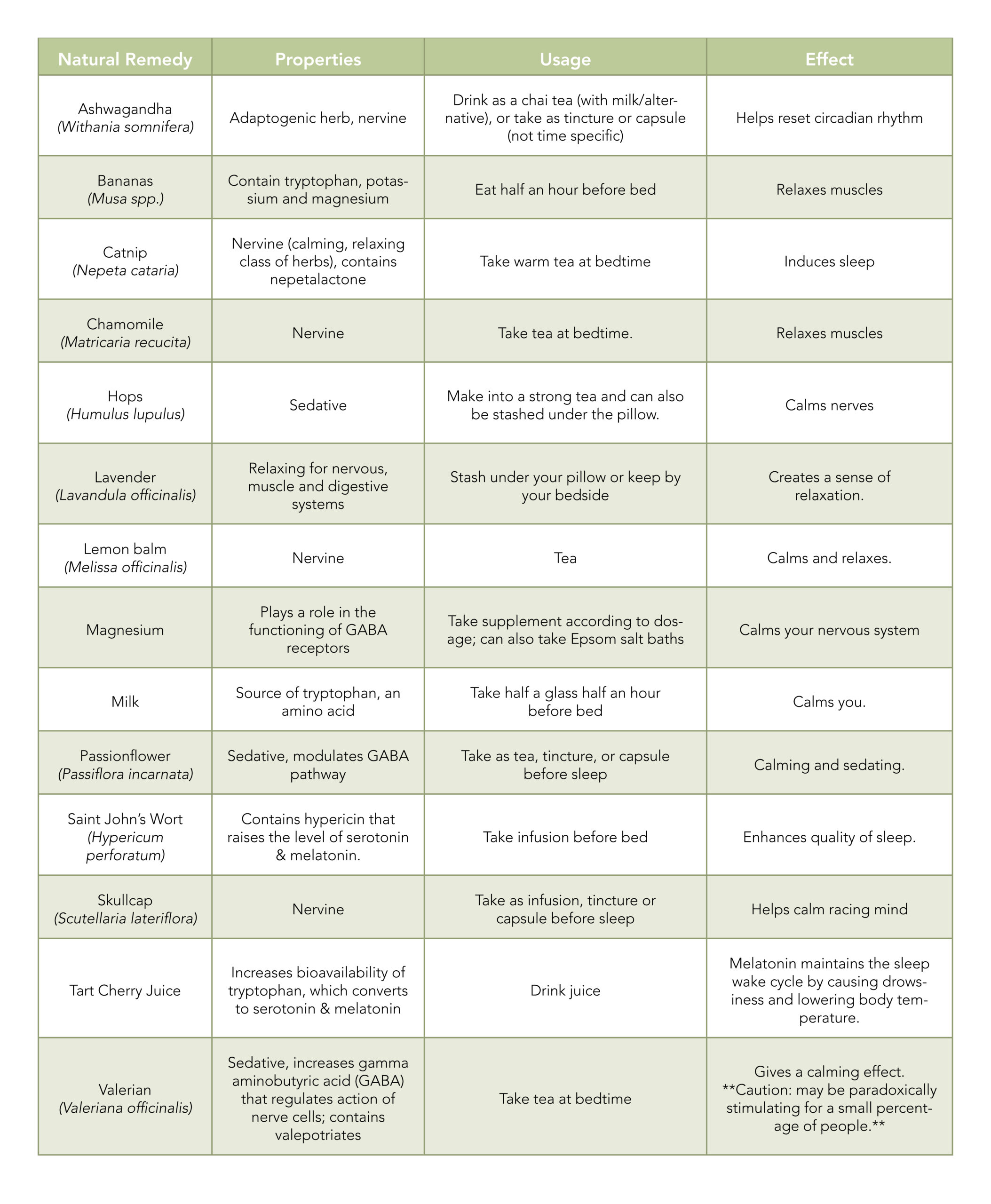The fuss and buzz of everyday life, technological advancements, and rising standards of living are making it difficult for people to get a good night’s rest. A Gallup poll established that most Americans average about 6.8 hours of sleep every day, falling short of the recommended 7 to 8 hours. Technological advances now make it possible for us to work and play all day, every day. We are therefore ignoring our internal clocks and not switching off when we are supposed to.
According to the Centers for Disease Control and Prevention, sleep is a critical component of public health and sleep deprivation has been increasingly linked to road accidents, industrial disasters, and other occupational errors. Persons experiencing sleep insufficiency are also predisposed to chronic diseases such as diabetes, hypertension, cancer, depression, and obesity, as well as increased mortality, lower quality of life and productivity. Moreover, sleeping disorders such as insomnia and obstructive sleep apnea contribute significantly to sleep deprivation.
Individual sleep needs differ from person to person and the amount sleep required changes in the different stages of a human being’s life. The National Institutes of Health recommends the following durations of sleep for different age groups:
Regularly sleeping less than the recommended durations or losing sleep results in a sleep debt that has to somehow be compensated for. You may try compensating for this deficiency by taking naps or sleeping during off days, but this won’t do for your body what a regular night’s sleep for the recommended number of hours does; supporting healthy brain function and maintaining physical health. It is important to sleep when your body is ready for sleep otherwise, you will not get the quality of sleep that you require resulting in sleep deficiency.

Sleep is critical to physical health and well-being
If your job calls for irregular hours; for example, shift workers and emergency responders, your sleep will definitely be out of sync with your internal body clock. It is important to ensure that you don’t suffer from sleep deprivation or insufficiency.
If you are not able to get the amount of sleep you need for whatever reason, the first step that you can take that can be really helpful is maintaining a sleep diary for a couple of weeks. You can indicate how many hours you sleep at night, if you feel alert and rested in the morning and how you feel during the day. You can discuss these observations with your doctor for the right diagnosis and advice.
The National Institutes of Health gives the following as reasons why sleep is important for human health:
Physical Health
Sleep is critical to physical health and well-being. When you sleep your body systems get repaired, and this includes your circulatory system which includes the; heart and blood vessels. Prolonged sleep deficiency is linked to heart disease, high blood pressure, stroke, kidney disease, diabetes, and obesity.
It contributes to obesity by creating an imbalance of the hormones ghrelin and leptin which make you feel hungry and full respectively. When you’re sleep deprived your level of ghrelin goes up which makes you more hungry and hence eat more. Sleep determines how your body responds to insulin, deficiency results in abnormally high blood sugar levels that predispose one to diabetes.
Sleep strengthens and keeps the immune system healthy. This is the body’s first line of defense from disease-causing organisms. Prolonged sleep deficiency alters the way your body responds to attacks, and it may have trouble fighting off common infections.
Sleep promotes healthy growth and development by triggering the release of growth hormone (HGH) , an important component of the endocrine system and more especially in children and teens; it is released by the pituitary gland into the bloodstream and plays a major role in repair and restoration during sleep. This hormone is a complex protein and in addition to promoting growth, it helps maintain healthy body tissue even during adulthood.
Healthy Brain Function and Emotional Well – Being
When you are sleeping the brain forms new pathways that help you learn and remember information. Studies have shown that a good night’s sleep improves learning, it enhances your learning and problem-solving skills, it makes you more alert, helps in decision making and creativity. Research has shown that the opposite is true: sleep deficiency may make you indecisive, poor at problem-solving, inability to control your emotions and behavior and inability to cope with change. It has also been linked to depression, suicide, and risky behavior.
Sleep deficient children and teens have problems getting along with others. They experience anger and are impulsive, are usually moody and depressed and lack motivation. They may also get lower grades in school due to a low attention span.
Performance and Safety
A good night’s sleep helps you perform optimally throughout the day. Sleep deficiency makes you less productive, slow in terms of finishing tasks and reaction time and you make more mistakes. Sleep deprivation causes brief moments of sleep when you are awake called micro sleep. This can occur when you are driving or working, putting you at risk of road accidents and occupational hazards. If you are a student, you can miss part of a lecture without even knowing.
Sleep deficiency is not to be ignored because it not only puts you at risk on a personal level but also at a large scale level. It has been documented that sleep deficiency has played a role in road and aviation accidents, grounding of large ships and even nuclear reactor meltdowns.
- Stick to a sleeping schedule: sleep and wake up at the same time even on weekends. This helps regulate your body’s internal clock so that you are able to fall asleep and wake up at the same time.
- Have a relaxing bedtime ritual: a relaxing routine activity conducted away from bright lights helps you to relax and unwind and eventually sleep and remain asleep. This may include reading a book, having a bath, sipping a cup of relaxing tea and meditating.
- Exercise: vigorous exercise at any time of the day improves the quality of your sleep.
- Avoid napping: if you have sleeping problems avoid napping.
- Acupuncture: when the thin needles are inserted they open up blocked channels and allow your brain to realize that it’s time to sleep.
- Evaluate your room: establish conditions that will make you sleep better. For example, your room should be between 60 and 67 degrees, it should be free from noises (including snoring from your partner) and light that may disrupt your sleep. You can install blackout curtains, humidifiers, fans, white noise machines and other devices that improve the quality of your sleep.
- Ensure your mattress and bedding are comfortable. If your mattress is not of good quality or worn out, it is advisable to replace it with a new one that is more comfortable and supportive. Your sheets should be comfortable as well and made from breathable natural materials (cotton, silk).
- Avoid alcohol, cigarettes, and caffeine: they are stimulants and will keep your brain up.
Sources
- Gotter, Ana. Catnip Tea. Healthline. 18 Sept 2018. https://www.healthline.com/health/catnip-tea
- Elsas SM, Rossi DJ, Raber J, et al. Passiflora incarnata L. (Passionflower) extracts elicit GABA currents in hippocampal neurons in vitro, and show anxiogenic and anticonvulsant effects in vivo, varying with extraction method. Phytomedicine. 2010;17(12):940-949. doi:10.1016/j.phymed.2010.03.002 <https://www.ncbi.nlm.nih.gov/pmc/articles/PMC2941540/>.
- Jones, Jeffrey. In U.S., 40% get less than recommended amount of sleep. Wellbeing. Gallup, Inc. Gallup.com, 19 Dec. 2013. Web. 10 Sept. 2016.
- Losso JN, Finley JW, Karki N, et al. Pilot Study of the Tart Cherry Juice for the Treatment of Insomnia and Investigation of Mechanisms. Am J Ther. 2018;25(2):e194-e201. doi:10.1097/MJT.0000000000000584 <https://www.ncbi.nlm.nih.gov/pmc/articles/PMC5617749/>.
- Ngan A, Conduit R. A double-blind, placebo-controlled investigation of the effects of Passiflora incarnata (passionflower) herbal tea on subjective sleep quality. Phytother Res. 2011 Aug;25(8):1153-9. doi: 10.1002/ptr.3400. Epub 2011 Feb 3. PMID: 21294203.
- Sleep and Sleep Disorders. CDC. 15 Apr 2020. https://www.cdc.gov/sleep/index.html
- Sleep Deprivation and Deficiency. NIH. US Department of Health and Human Services. http://www.nhlbi.nih.gov/health/health-topics/topics/sdd/howmuch. Accessed 9 Sept 2021.






